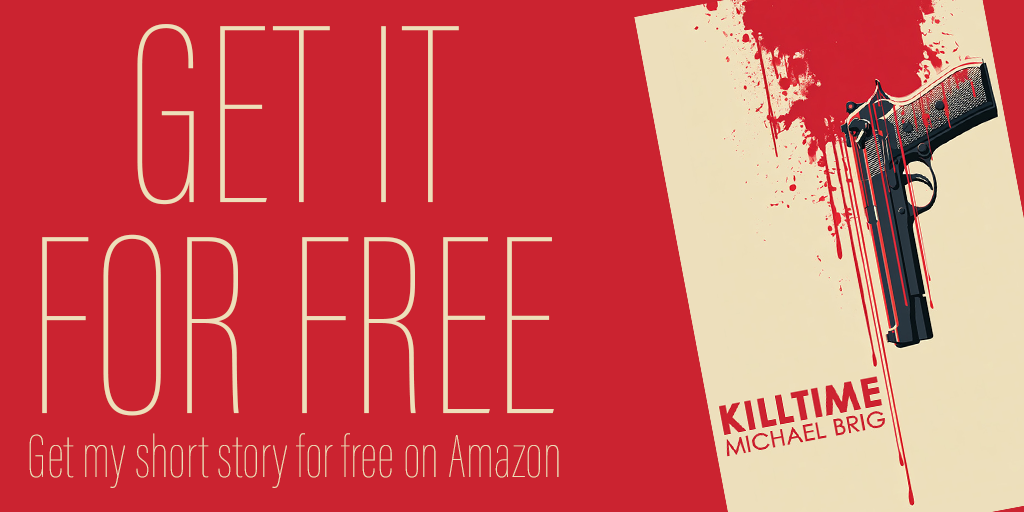This novel is often cited as one of the major inspirations for Orwell’s 1984. It was written during the Bolshevik Revolution in Russia, which ultimately led to the communist takeover. We depicts a collectivist future where a totalitarian state controls every aspect of human life. Conformity and mass surveillance define this world. Individuals no longer have names; instead, they are assigned numbers, like the protagonist D-503.
When D-503 meets I-330, a member of a revolutionary group, he begins to question his existence in the One State. Meanwhile, the regime attempts to eliminate imagination and emotion from the human mind through a newly invented psycho-surgical procedure called the “Great Operation.”
The book can be a bit challenging to read, as it’s written in the form of a journal. Whether due to the translation or the era in which it was written, the prose doesn’t always flow smoothly.
If We did inspire Orwell, it did so in the best possible way. Orwell didn’t merely adopt Zamyatin’s ideas and steal his vision—he instead added layer upon layer of new concepts. In the end, only the dystopian setting and the idea of a man rebelling against collectivism because of his fascination with a woman remain similar.
If you enjoy dystopias, We is a must-read. If you don’t, start with 1984 or Brave New World first—and pick up We only if you enjoyed those two.
Btw, you can read it for free at the Project Gutenberg here.
